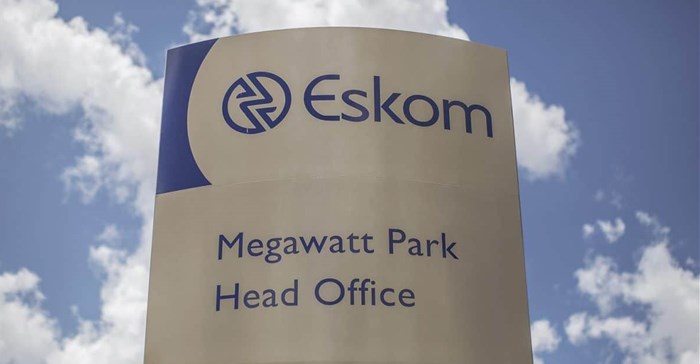
While he has budgeted for spending reductions of R50bn over the next two years, financial support for Eskom overrides this, causing overall spending to still rise by 11.7% and 7% in the period, respectively. "it also needs to be carefully monitored that the mooted spending cuts will be on current spending and not on capital spending that could hurt growth down the line," says Herman van Papendorp, head of investment research & asset allocation at Momentum Investments
In fact, according to the minister, Eskom is responsible for R26bn of non-interest expenditure in this year – and other state-owned enterprises (SOEs)- account for a further R10.8bn, says Graham Molyneux, tax partner at Mazars.
Solving the Eskom challenge is complex, involving a long road of painful trade-offs, and will need adequate time to show positive results. “Eskom is a vital component to the country’s energy future and we therefore support the turnaround plan that was presented to Parliament. However, this plan will take a long time to have any real effect in its current form and South Africa cannot afford to keep bailing the SOE out, says James McKay, spokesperson for Energy Partners,
“We cannot get away from the fact that South Africa has an urgent energy crisis, and while Eskom’s recovery is crucial, the proposed turn-around time-frames don’t match the need. It would therefore make sense to widen the scope of potential solutions and involve the resources available in the private sector in the solution-set.”
According to McKay, accelerating the strategy laid out in the Integrated Resource Plan, and reducing the country’s reliance on fossil fuel should also be considered.
He says that the private sector is a key addition to realising this strategy, as it has access to significant funding and is already spearheading the majority of the technological innovations needed to restore stability to the national grid. “Many businesses have already become exceedingly efficient at generating and managing renewable energy.”